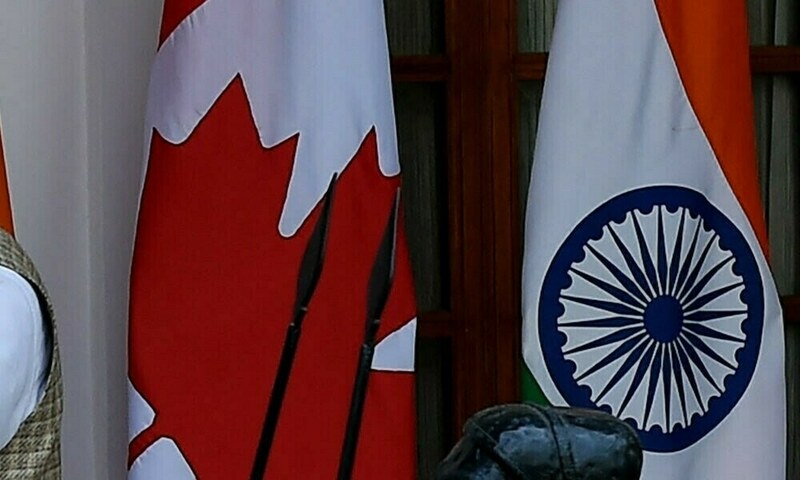EDITORIAL: Canada’s Deputy Foreign Affairs Minister David Morrison would never have accused Indian Home Minister of ordering a “campaign of violence, intimidation and intelligence-gathering targeting Sikh separatists inside Canada”, directly linking him to the killing of Canadian Sikh activist Hardeep Singh Nijjar in British Columbia in June 2023, without credible evidence.
So New Delhi will not be able to brush this issue under the carpet, especially since the United States also considers the allegations “concerning”, and that it would “continue to consult with the Canadian government about those allegations”.
Let’s not forget that Washington is facing a similar situation with India as well, since the hit in Canada was followed by an unsuccessful murder attempt on a Sikh activist on US soil, which led to criminal charges against an Indian government employee. It’s been reported that America’s Justice Department believes the planned killing was meant to precede a string of other politically motivated murders in the United States and Canada.
Where there’s smoke there’s fire and, as pieces of this puzzle begin to fall into their places, it is becoming clear that Indian authorities went a step too far in extending their local policy of dealing with dissidents to other countries.
Canadian authorities requested that Delhi waive diplomatic immunity for six “persons of interest” in the case, including the high commissioner in Ottawa, and only went public with their information when it became clear that no cooperation was forthcoming.
Yet the Modi government will not be able to get away from all this by throwing a tantrum and the tit-for-tat expulsions of diplomats in October.
Top government officials directing intelligence agencies to hire international gangs and carry out assassinations in other countries constitute a very serious matter, and the Canadian and American governments will not allow it to slide below the radar.
Delhi will not be able to drag it endlessly. Sooner or later, it will have to cooperate with the investigations as well as legal proceedings in both countries.
Pakistan is only too familiar with Delhi’s penchant for such tactics, of course, and has been complaining on international forums including the United Nations for a long time. Perhaps now that big and influential countries – both India’s close partners – have got a taste of it, Islamabad’s concerns will be taken more seriously.
This case should also set an important legal precedent. Intelligence agencies are in the business of espionage, after all, and often their theatre of operations is outside countries. But gathering information is one thing, and violating all sorts of international and local laws to kill people in faraway lands is quite another.
How the US and Canadian governments proceed with these cases, and how they force India to cooperate, will be watched by the whole world.
Already, India’s stubbornness has soured relations with Canada. Surely, it does not want the same to happen with America. It’s because of Delhi’s centrality in Washington’s ‘Pivot to Asia’ that it’s able to stand up to China, after all, and it would not risk losing that leverage over this matter.
It’s best for all parties concerned if India cooperates on its own. Otherwise, the truth will still come out and leave even more egg on the Modi administration’s face.
Hopefully, Delhi will pull its head out of the sand before things get more complicated and cause more embarrassment to its citizens abroad.
Copyright Business Recorder, 2024
Read the full story at the Business Recorder - Latest News website.



